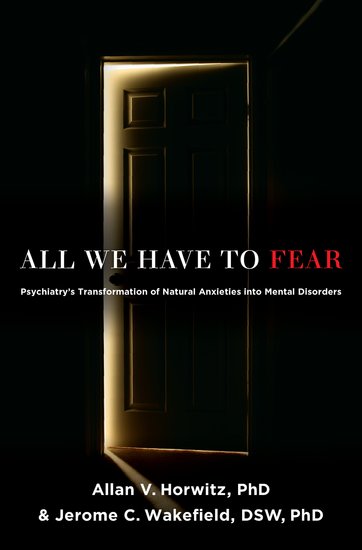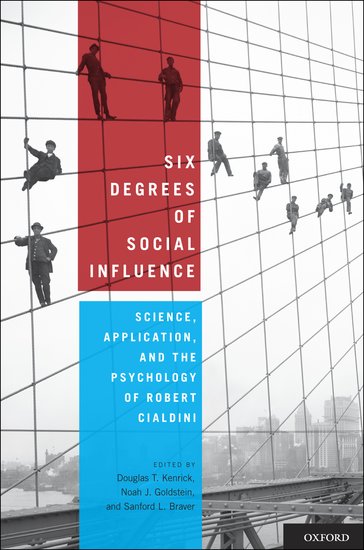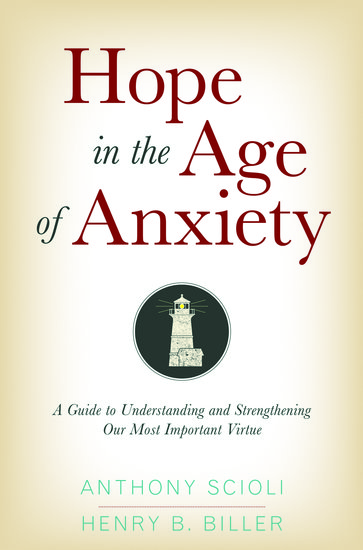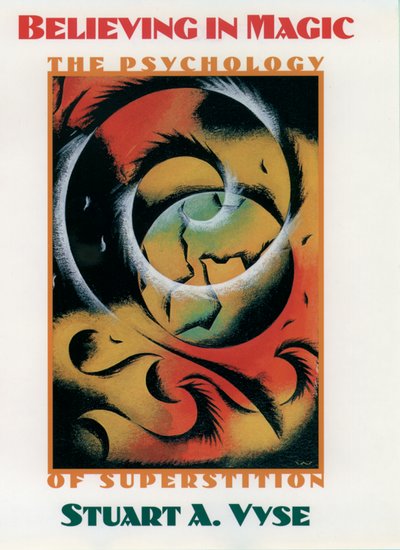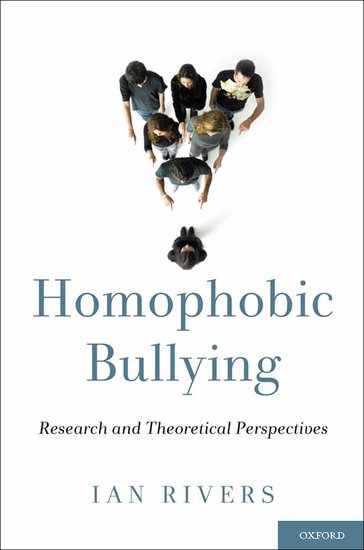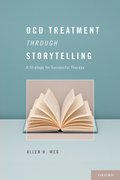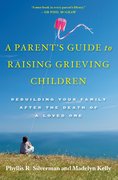DSM-5 Proposals for Generalized Anxiety Disorder
By Allan V. Horwitz
The latest revision of the Diagnostic and Statistical Manual of Mental Disorders (DSM), the DSM-5, now scheduled to be published in May 2013, has generated a tremendous amount of controversy. The DSM is published by the American Psychiatric Association to provide common language and criteria for the diagnosis of mental disorders, so any proposed changes to its terminology could mean millions more, or millions less, diagnosed with an illness. Nevertheless, the proposed changes in the Generalized Anxiety Disorder (GAD) have been relatively neglected.

